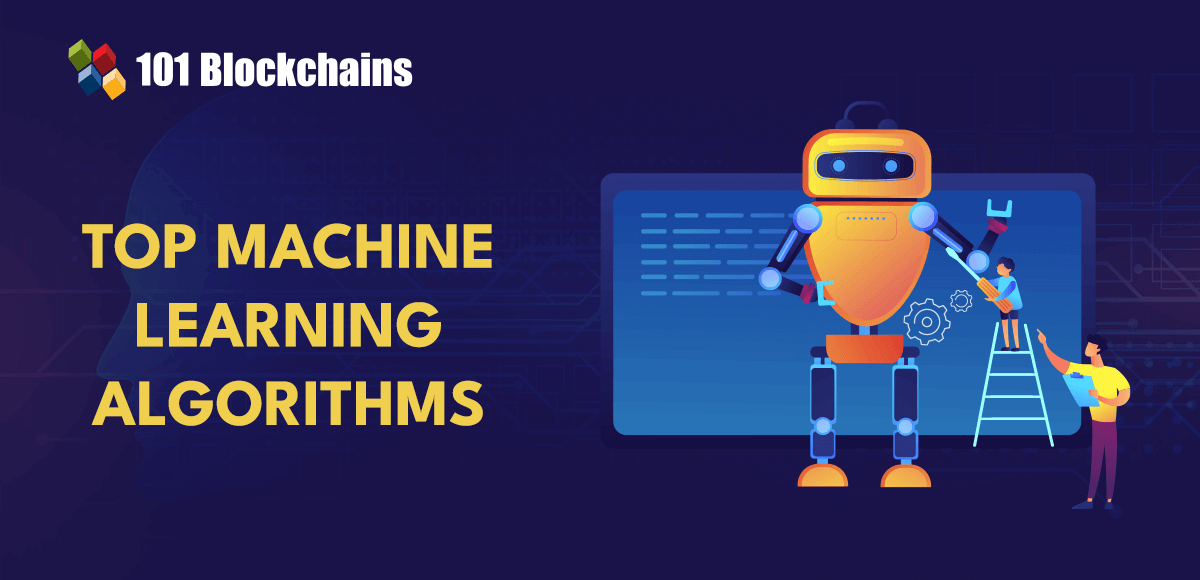Business leaders face the risk of losing their competitive edge if they fail to proactively implement generative AI (gen AI). However, businesses that are scaling AI encounter barriers to entry. Reliable data is essential for robust AI models and accurate insights, but the current technology landscape presents challenges in data quality. According to the International Data Corporation (IDC), data storage is projected to increase by 250% by 2025, leading to data proliferation across various platforms with compromised quality. This scenario will worsen data silos, raise costs, and complicate AI and data workload governance.
The surge in data volume in different formats and locations, coupled with the need to scale AI, presents a daunting task for those responsible for AI deployment. Data must be harmonized from multiple sources into a unified format before being used with AI models. This process, known as data integration, is crucial for a strong data fabric. Without a proficient data integration strategy, end users cannot trust their AI output.
The next level of data integration involves modern data fabric architectures in hybrid, multi-cloud environments with data in multiple formats. Data integration tools have evolved to support various deployment models, including fully managed deployments and self-managed approaches. The remote execution engine is a significant technical advancement that combines the benefits of fully managed and self-managed deployment models, offering users flexibility.
There are several styles of data integration, such as ETL and ELT, which are highly performant and scalable. Data engineers build data pipelines as incremental steps to orchestrate data operations. The remote engine execution decouples design time and runtime, enhancing security and performance while retaining the efficiency of a fully managed model.
The remote engine provides ultimate deployment flexibility, allowing data pipelines to be executed where the data resides, reducing costs and improving performance. This technology is advantageous for various business use cases, such as hybrid cloud data integration, multicloud data orchestration, and edge computing data processing.
IBM DataStage-aaS Anywhere leverages the remote engine to offer customers the flexibility to run data pipelines wherever their data resides. This solution empowers developers to design resilient data architectures that drive business growth. By prioritizing secure and accessible data foundations, organizations can benefit from a trusted data architecture with IBM DataStage-aaS Anywhere, the NextGen solution from IBM DataStage.
Source link
















![The 15 Best Python Courses Online in 2024 [Free + Paid]](https://news.pourover.ai/wp-content/themes/jnews/assets/img/jeg-empty.png)






